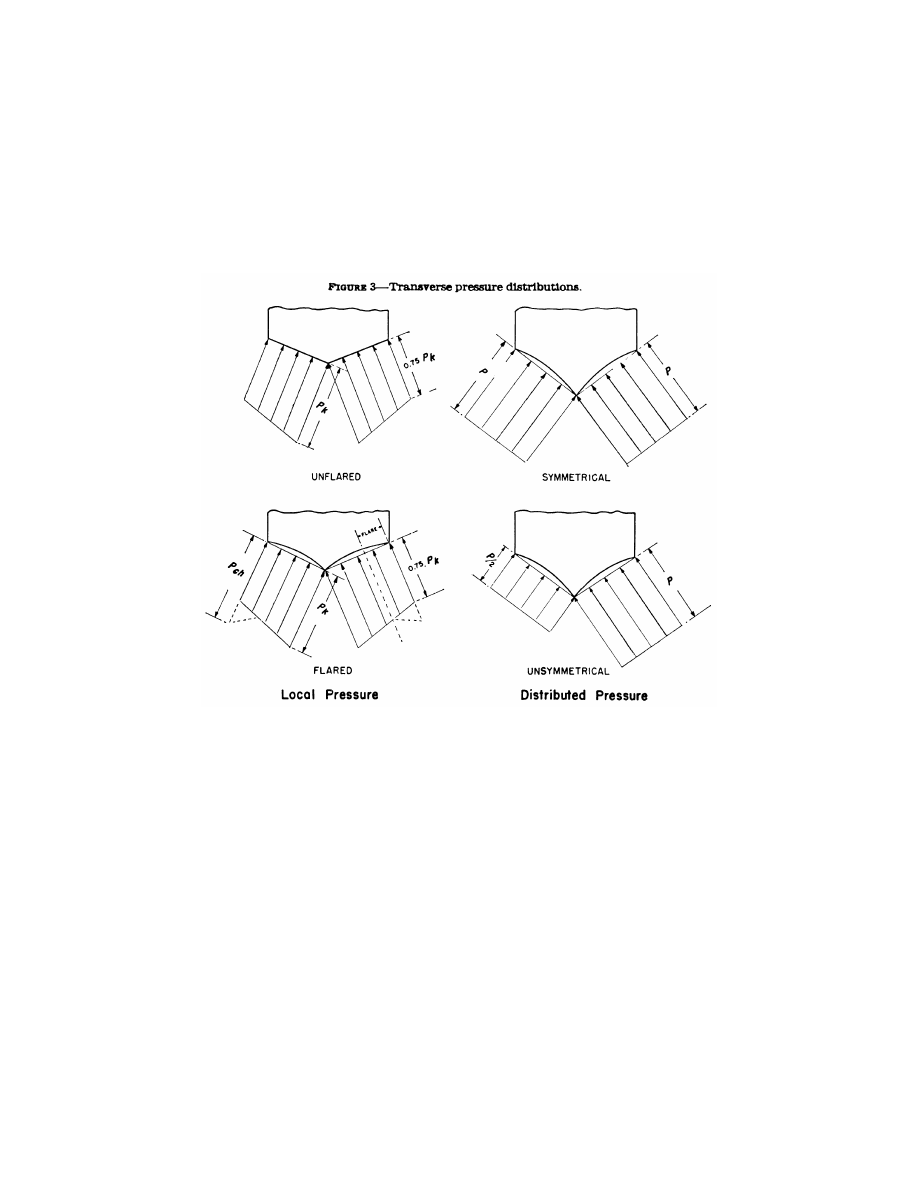
383
Federal Aviation Administration, DOT
Pt. 25, App. C
A
PPENDIX
C
TO
P
ART
25
Part I—Atmospheric Icing Conditions
(a)
Continuous maximum icing.
The max-
imum continuous intensity of atmospheric
icing conditions (continuous maximum
icing) is defined by the variables of the cloud
liquid water content, the mean effective di-
ameter of the cloud droplets, the ambient air
temperature, and the interrelationship of
these three variables as shown in figure 1 of
this appendix. The limiting icing envelope in
terms of altitude and temperature is given in
figure 2 of this appendix. The inter-relation-
ship of cloud liquid water content with drop
diameter and altitude is determined from
figures 1 and 2. The cloud liquid water con-
tent for continuous maximum icing condi-
tions of a horizontal extent, other than 17.4
nautical miles, is determined by the value of
liquid water content of figure 1, multiplied
by the appropriate factor from figure 3 of
this appendix.
(b)
Intermittent maximum icing.
The inter-
mittent maximum intensity of atmospheric
icing conditions (intermittent maximum
icing) is defined by the variables of the cloud
liquid water content, the mean effective di-
ameter of the cloud droplets, the ambient air
temperature, and the interrelationship of
these three variables as shown in figure 4 of
this appendix. The limiting icing envelope in
terms of altitude and temperature is given in
figure 5 of this appendix. The inter-relation-
ship of cloud liquid water content with drop
diameter and altitude is determined from
figures 4 and 5. The cloud liquid water con-
tent for intermittent maximum icing condi-
tions of a horizontal extent, other than 2.6
nautical miles, is determined by the value of
cloud liquid water content of figure 4 multi-
plied by the appropriate factor in figure 6 of
this appendix.
VerDate Sep<11>2014
12:50 Apr 30, 2019
Jkt 247046
PO 00000
Frm 00393
Fmt 8010
Sfmt 8002
Y:\SGML\247046.XXX
247046
EC28SE91.057</GPH>
spaschal on DSK3GDR082PROD with CFR